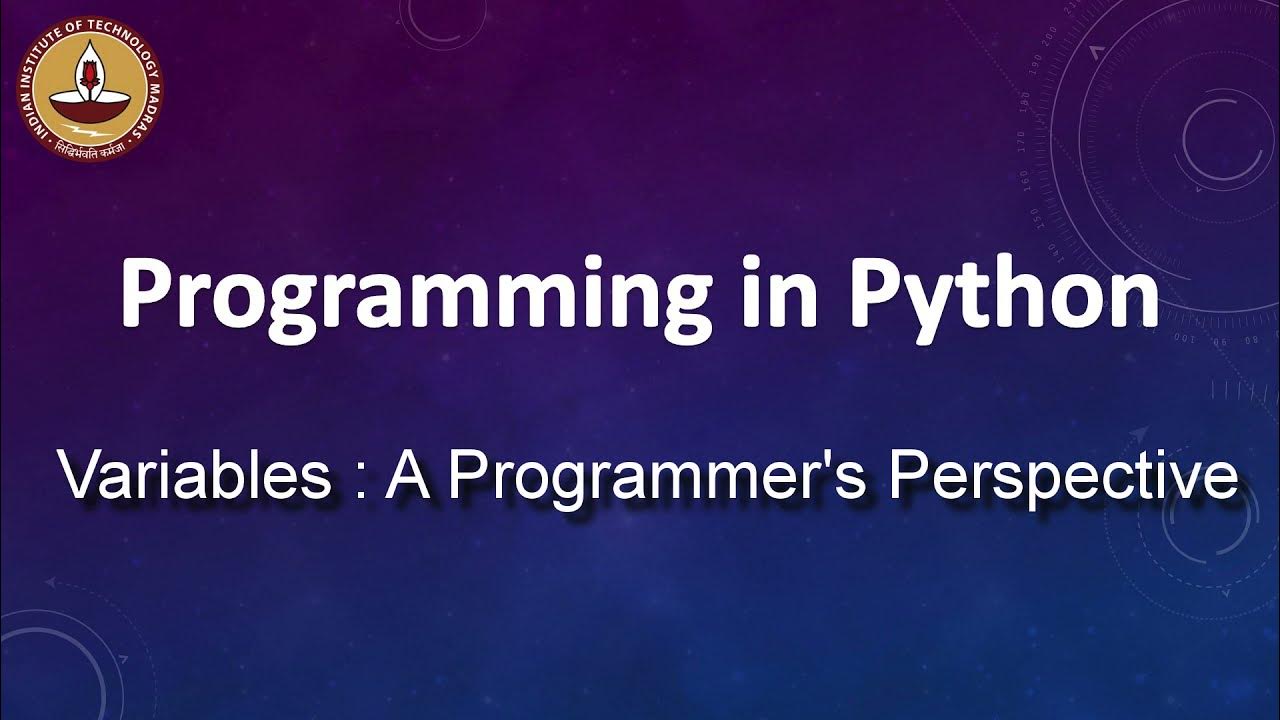Don't Write Comments
Summary
TLDRIn this thought-provoking discussion, the speaker argues against the frequent use of comments in code, suggesting that well-written code should be self-explanatory. Instead of relying on comments, developers should aim to simplify and refactor their code, using meaningful variable names and types to convey intent. The speaker emphasizes that comments can become outdated and misleading, while code remains consistent and verifiable. The importance of high-quality documentation is highlighted, distinguishing it from comments, as it provides essential context for using APIs and understanding system architecture. Ultimately, the speaker advocates for clearer, more intuitive code to reduce the need for comments.
Takeaways
- 😀 Comments in code are often unnecessary; clearer code can eliminate the need for explanations.
- 🔍 Use constants to represent values instead of relying on comments to clarify what those values mean.
- 🛠️ If code is complex enough to require a comment, consider simplifying or refactoring it for better readability.
- 📜 Comments can become outdated and misleading; code should be self-explanatory.
- 🔗 Use types to convey ownership and state, reducing the need for comments about memory management.
- 🚫 Comments can lie; trust the code over comments to avoid misunderstandings.
- 📚 Code documentation should focus on high-level architecture and API usage, not on implementation details.
- 🔧 Tools like Doxygen and JavaDoc help maintain documentation in sync with code changes.
- ⚠️ Some cases do warrant comments, such as explaining non-obvious performance optimizations.
- 🤖 Speculation exists about AI's future role in coding, but well-written code remains essential for clarity.
Q & A
Why does the speaker argue against using comments in code?
-The speaker believes comments can become outdated or misleading as code changes, whereas well-written code should be self-explanatory.
What is suggested as a better alternative to using comments for clarity?
-Creating constants and naming variables meaningfully can make code more understandable than comments.
How can types in programming languages help reduce the need for comments?
-Types can provide explicit information about ownership and expected behavior of values, eliminating the need for comments explaining these aspects.
What specific feature in C++ does the speaker mention that aids in managing memory ownership?
-The speaker mentions the 'unique_ptr' type in C++, which clarifies ownership of objects without needing comments.
What is the importance of documentation according to the speaker?
-Documentation describes the high-level architecture and APIs of a system, helping users understand how to use the code rather than how it works internally.
What tools does the speaker recommend for generating documentation?
-Tools like Doxygen, pydoc, and JavaDoc can generate documentation directly from code files, ensuring that it stays in sync with the code.
In what scenarios does the speaker believe comments might still be useful?
-Comments may be useful for explaining non-obvious performance optimizations or when referencing specific mathematical principles or algorithms.
What potential future does the speaker mention regarding coding and AI?
-The speaker discusses the idea that AI might eventually allow programs to be generated directly from specifications, though he believes code is a precise way to express intent.
How can writing better APIs contribute to documentation quality?
-Better APIs lead to more concise and less error-prone documentation, as they clearly define expected behavior and usage.
What overarching advice does the speaker give about code and comments?
-If you find yourself needing to describe your code in human language, consider whether you can make your code clearer instead.
Outlines

This section is available to paid users only. Please upgrade to access this part.
Upgrade NowMindmap

This section is available to paid users only. Please upgrade to access this part.
Upgrade NowKeywords

This section is available to paid users only. Please upgrade to access this part.
Upgrade NowHighlights

This section is available to paid users only. Please upgrade to access this part.
Upgrade NowTranscripts

This section is available to paid users only. Please upgrade to access this part.
Upgrade NowBrowse More Related Video
5.0 / 5 (0 votes)





